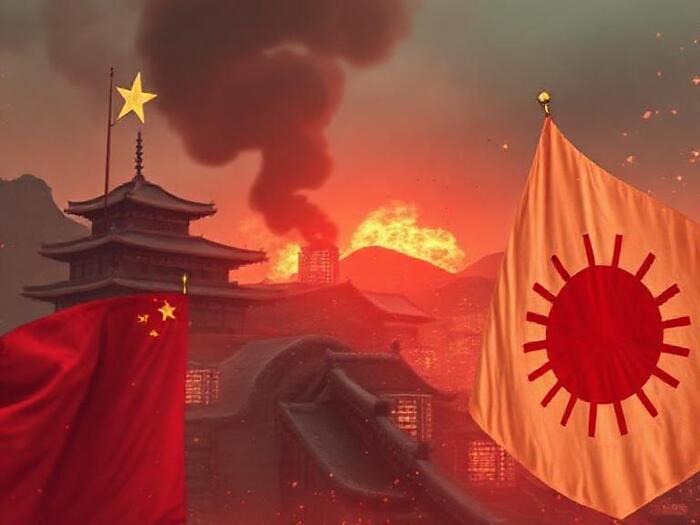Tensions between China and Japan intensified this week after Beijing condemned remarks by Japanese Prime Minister Sanae Takaichi regarding a potential conflict over Taiwan.
Speaking recently, Takaichi suggested that a Chinese military attack on Taiwan could pose an “existential threat” to Japan — a scenario that, under Japan’s security laws, might justify the use of collective self-defense. Her comments immediately drew strong criticism from Beijing, which accused Japan of interfering in China’s internal affairs.
China’s Foreign Ministry called the remarks “wrong” and “dangerous,” warning Tokyo against what it described as provocative statements over Taiwan. In a swift economic response, China announced a suspension of all Japanese seafood imports, saying the current situation left “no market” for such products. The move adds pressure to Japan’s already struggling seafood sector and comes amid a broader decline in Chinese tourism to the country.
Foreign Ministry spokesperson Mao Ning said China would take “further necessary measures” if Japan did not correct its stance. She reiterated Beijing’s long-held position that the Taiwan issue is strictly an internal matter and urged Japan to avoid actions that could escalate regional tensions.
Amid the fallout, Japanese officials moved to ease diplomatic friction. Senior official Masaaki Kanai traveled to Beijing to meet his Chinese counterpart, stressing that Japan’s security policy remains unchanged and that Tokyo does not seek further deterioration in bilateral ties.
The dispute marks one of the most serious public clashes between China and Japan in recent years, with economic, political, and regional security implications still unfolding.


